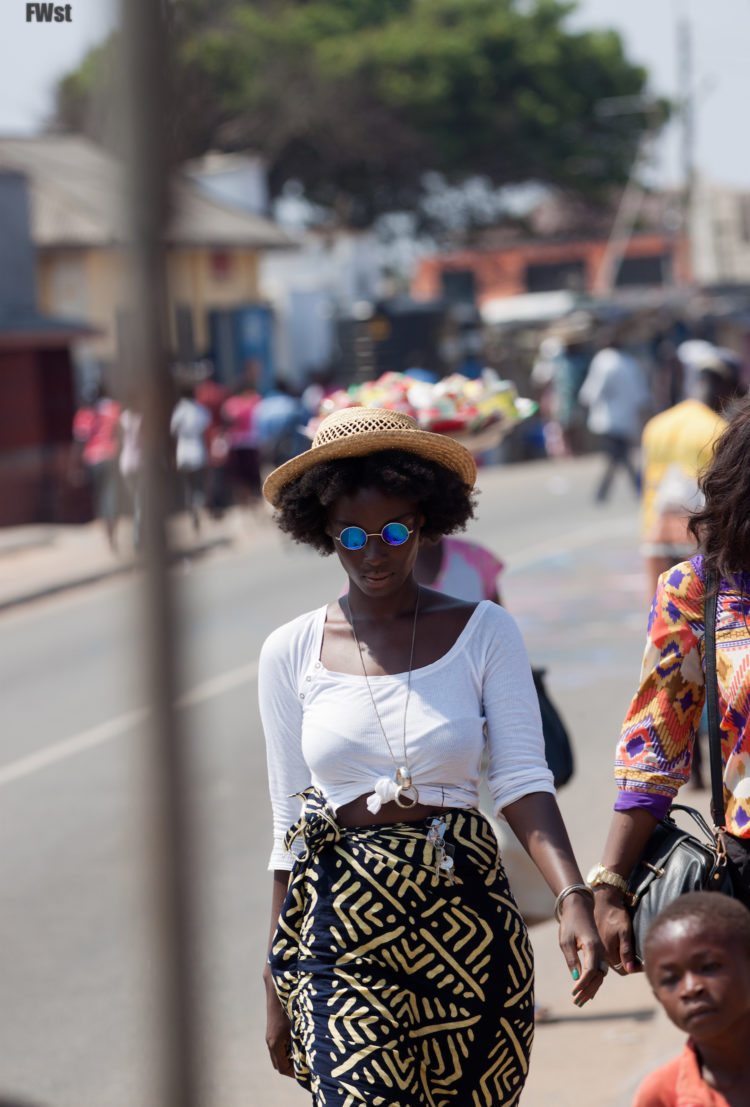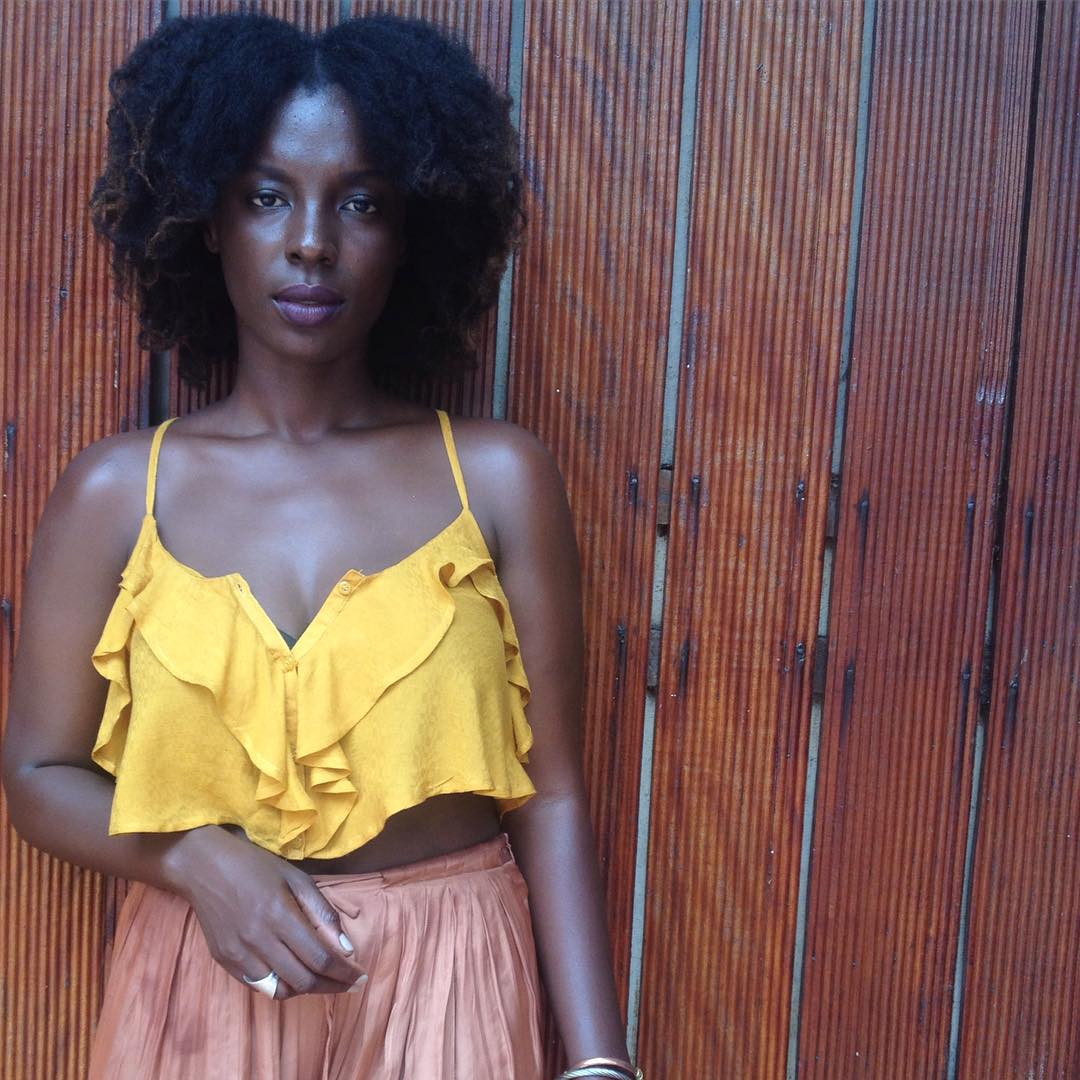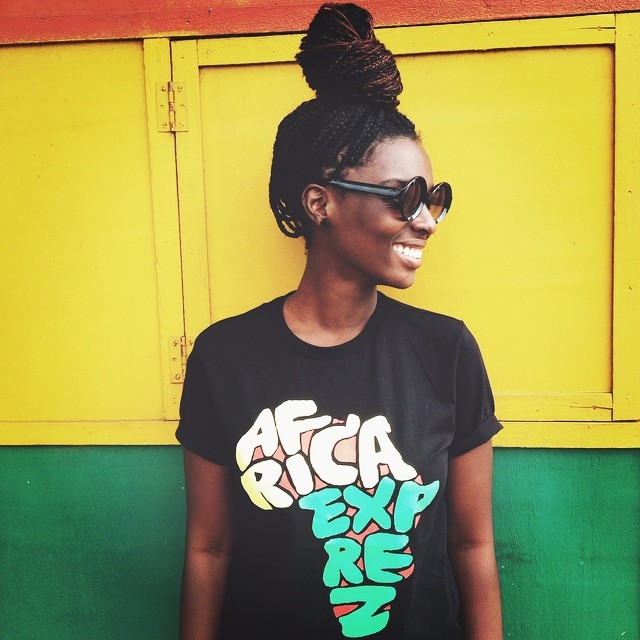As Africa’s middle class starts to emerge, propelled by growth and urbanisation, many diaspora Africans are choosing to return to the continent.
Many of these returnees, known as ‘repats’, are highly educated and skilled, and while they choose to take a chance on new opportunities back ‘home’, the process of adjusting to mentalities and business practices can be brutal.
As with many Africans, Maame’s story is one of displacement. In her case, the migration started when she was a baby.
Not long after the military coup that followed the political instability of the late 1970s, Maame’s father chose to escape the chaos in his homeland by moving to London. He wanted to start a new life in the UK. Maame and her brother were taken to London while their mother, a civil servant, stayed in Ghana.
In 1990, the two siblings moved back to Accra, to live with their mother. Maame attended Ghana International School (GIS), but when she got to sixth form, she decided to return to London to live with her father, who had never come back to visit his family in Ghana.
she felt it was ‘time to leave the nest’.
They lived in East Dulwich, and she attended Maria Fidelis, a Roman Catholic Convent School in Camden. When it came time to think of higher education, she felt it was ‘time to leave the nest’ and decided to apply to one university only, Temple in Philadelphia. ‘The main reason was my dad, who used to say that he would have loved to go to Temple, because of Bill Cosby.’
Last week, when I sat with Maame for an interview at Alisa Hotel in Accra’s North Ridge neighbourhood, she got emotional when she recalled the exact moment she received her acceptance letter from Temple. Her father had changed his mind. ‘He told me I could not attend Temple. He said I was going to Manchester University, and that was the end of it.’ But with help from her mum, she got on a plane to Accra, and by September she was enrolled at Temple University.
‘Temple was such a great experience for me, because I had to figure everything out on my own. I grew so much from that experience, and I became a woman. I realised that it was the end of my relationship with my father, but I saw this American opportunity as the catalyst for who I was about to become.’
In 2005, she graduated with a degree in psychology and even though her dream was to eventually work as a psychotherapist, like Freud, she got a ‘pre-certification coordinator’ job at University of Pennsylvania Hospital. Basically, the job consisted of getting insurance approval for every patient who was coming to the hospital for surgery.
‘It was a very stressful job, especially when I had to tell people that, despite the fact that they had lung cancer, the insurance company would only approve two days at the hospital.’ She was able to spot the inefficiencies in the US healthcare system, and now her new long-term vision was to become the CEO of a systems company who would change the way people receive healthcare.
To that end, she obtained a masters in healthcare administration from Saint Joseph’s University in Philadelphia, and got a new job at Temple University Hospital contracting between insurance companies and hospitals.
‘I knew my time in the States was up.’
In September 2012, she went to Ghana for the anniversary of her grandmother’s death. ‘When I left two weeks later, I knew my time in the States was up. I felt it so strongly. Coming back to the States was so difficult. Even on my previous trip to Ghana, in March of that same year 2012, when I came back to the airport where I’d parked my car, I found my entire car encased in ice. I remember breaking the ice, with tears coming down my face, thinking, what the hell am I doing here?’
She felt a disconnect, and at work she knew that she’d stalled. It really wasn’t happening, there didn’t seem to be any room to grow, and she felt cramped in the workspace. She resigned, and shipped her car to Accra. She was done with America.
In December 2012, Maame moved back to Accra. Her brother was also back in Accra, and at that point what she was looking for was family. She needed a support network. Soon after the homecoming honeymoon period, however, her family started putting pressure on her to get married and have kids. At one point, the discussions became so stressful that she strictly forbade her mum and family to bring up the marriage issue.
Maame was cast as Zainab.
She applied for jobs in Ghana’s healthcare sector, hitting a wall when her prospective employers just couldn’t seem to figure her out. One day she got a call from Nicole Amarteifio, an acquaintance from her high school years at GIS. Nicole was working on launching a new television series that was being pitched as the Ghanaian Sex and the City. Maame was cast as Zainab, one of the five single, successful ‘repats’ looking for love (and sex) in the Ghanaian capital.
The 23 episodes in the two seasons of An African City dealt with many stereotypes (and quite a few taboo subjects), generating a lot of buzz throughout African capitals. ‘Pretty soon, I was being recognised in Accra, and also sometimes in London and New York City,’ she says.
At 32, she wants to do it on her own terms.
Now that her ‘personal branding’ is in motion, with her new independent African woman identity being figured out, Maame Adjei is getting a feel for the broadcasting thing. At 32, she wants to do it on her own terms. In June, she will launch Girl Going Places, a new travel show devoted to ‘focusing on all the hidden gems, landmarks, culture and traditions within the continent.’ Her new goal is to ‘help to change the narrative of a dark continent.’
Check out more at msadjei.com




